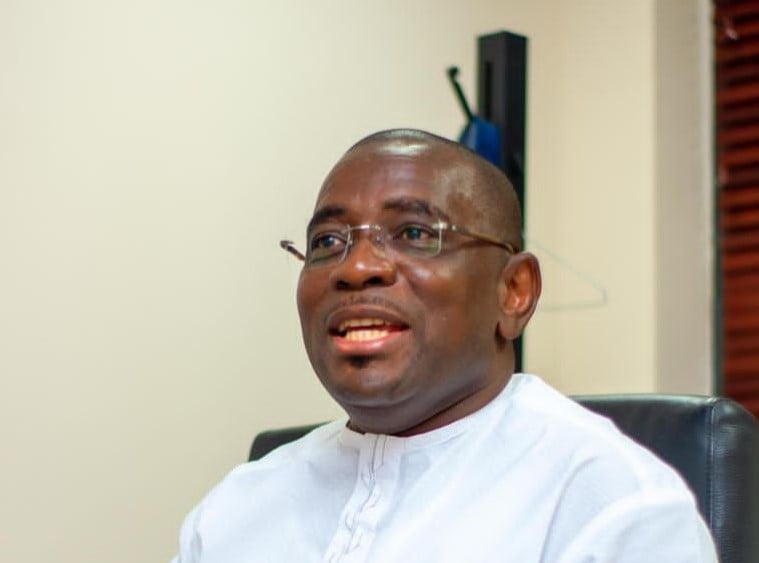The suspension of four Members of Parliament (MPs) following a tumultuous vetting session on January 30, 2025, has ignited a controversy in Ghana’s political landscape. Kennedy Osei Nyarko, the MP for Akim Swedru, has emerged as a vocal critic of Speaker Alban Bagbin’s decision, arguing that the suspensions were a breach of parliamentary procedure and a dangerous precedent. The affected MPs, three from the National Democratic Congress (NDC) and one from the New Patriotic Party (NPP), were suspended following disruptions and alleged misconduct during the vetting proceedings. The core of Nyarko’s argument rests on the assertion that due process was not followed in the suspensions.
Nyarko contends that the Speaker acted unilaterally, bypassing established parliamentary mechanisms for addressing MP misconduct. He emphasizes that the proper procedure involves referring alleged breaches of conduct to the Privileges or Special Committee for thorough investigation. This committee, according to Nyarko, is tasked with providing the accused MP with an opportunity to respond to the allegations before formulating a report to the House. The Speaker’s role, within this framework, is to act upon the recommendations of the committee only after they have been adopted by the full House. Nyarko views the Speaker’s direct suspension as a circumvention of this established process, raising concerns about fairness and the potential for abuse of power.
The crux of Nyarko’s critique revolves around the concept of due process and the importance of upholding established parliamentary procedures. He argues that the Speaker’s actions undermined these fundamental principles, potentially setting a dangerous precedent for future disciplinary actions. By bypassing the Privileges Committee and directly suspending the MPs, Nyarko believes the Speaker denied the accused their right to a fair hearing and the opportunity to present their defense. This, he argues, not only jeopardizes the rights of individual MPs but also weakens the institutional integrity of Parliament itself.
The incident highlights the inherent tension between maintaining order and upholding due process within a parliamentary setting. While the need to address disruptive behavior and maintain decorum during proceedings is undeniable, Nyarko argues that such actions must be undertaken within the confines of established procedures. He emphasizes that bypassing these procedures, even in the face of perceived misconduct, undermines the principles of fairness and accountability that are essential for a functioning democracy. The Speaker’s actions, in Nyarko’s view, represent a concerning shift towards arbitrary decision-making, potentially jeopardizing the rights of all MPs.
Nyarko’s criticism extends beyond the procedural aspects of the suspensions, touching upon the potential political ramifications of the Speaker’s actions. He argues that such unilateral decisions could erode trust in the impartiality of the Speaker and create an environment of fear and intimidation within Parliament. This, in turn, could discourage robust debate and dissent, hindering the effective functioning of the legislature. He emphasizes the importance of maintaining a balance between enforcing order and safeguarding the rights of individual MPs to freely express their views, a balance he believes the Speaker’s actions have disrupted.
The controversy surrounding the MPs’ suspensions underscores the broader challenges facing parliamentary democracy in Ghana. Balancing the need for efficient proceedings with the imperative of upholding due process is a delicate task. Nyarko’s critique serves as a reminder of the importance of adhering to established procedures, not only to protect the rights of individual MPs but also to safeguard the integrity and effectiveness of the parliamentary institution itself. The incident serves as a focal point for a wider discussion on the appropriate balance of power within Parliament and the vital role of due process in ensuring fairness and accountability. The long-term implications of this incident remain to be seen, but it undoubtedly highlights the ongoing tension between maintaining order and upholding democratic principles within the legislative arena.


